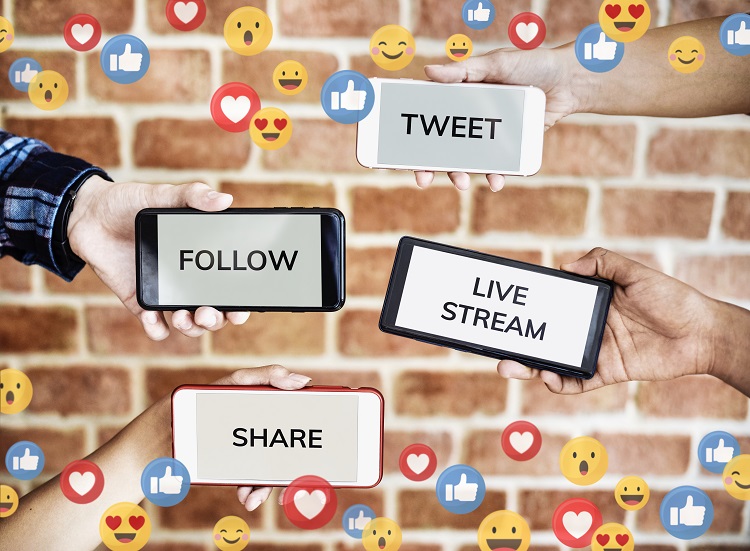Chances are you are already doing search engine optimization (SEO) for your website. But are you making the most of social media SEO? For that matter, do you understand how social media SEO works?
This may sound a bit complicated, so let’s get back to basics by defining SEO. Search engine optimization involves taking certain steps to raise your website’s ranking on search engine results pages when a person searches for words or phrases relevant to your site’s content. But how does all this fit into the concept of social SEO?
Social media SEO revolves around the idea that any social media engagement in the form of links, likes, or shares plays an important role in a website’s search ranking. For instance, social media posts that get lots of comments and shares usually rank highly on search engines because those posts are considered popular by end-users. Since SEO is always about optimizing content, social SEO is all about optimizing content on social platforms to appear higher in search rankings.
Do Social Media Signals Affect Search Rankings?
A few years ago, someone from Google threw cold water on this argument by saying that social media metrics such as Facebook likes and Twitter followers had no impact on search engine rankings. Previously, marketers believed that Google’s search algorithms included social signals as a gauge of quality and trustworthiness.
Nevertheless, a 2018 study by Hootsuite measured SEO results of articles with and without social media promotion; they found that content with top social shares got an average 22% boost during the period of the experiment. Although social media may not be a direct factor, it seems that it can help your SEO ranking.
So let’s take a closer look at some important aspects of social media SEO that can help your business.
More Shares Can Result in More Backlinks
When you put an article or post from your company’s business page on Twitter or Facebook, it increases the number of backlinks to your website when other people see it and share it. These inbound links are important because Google uses them as a ranking signal since other sites have referenced your page for a focus keyword.
While some still question whether Google regards links published on social media accounts as credible backlinks, research shows that it does. Indeed, social popularity helps raise SEO rankings. In other words, the authority of a social account may not affect search rank, but the links published on those social accounts can influence a page’s rank.
Social Media Channels are Also Search Engines
In addition to using search engines, people also use social media platforms to search for things nowadays. For example, if you have an active presence on Twitter, people may find out about your company’s new content app after looking for content marketing tweets on Twitter’s search engine.
Similarly, brands that rely on strong visuals, photos, or artistic content can gain visibility on Instagram and Pinterest by using the right hashtags and categorizing their pins properly. People often learn about companies by going to their Facebook or Twitter pages to see the kind of presence they have on those channels.
Social Media Networks Can Help Local SEO with Business Listings
When someone searches using the keywords “near me,” social media platforms with business listings will be shown directly. For instance, a business with a Google My Business listing that includes social media profiles ranks above those without them.
A “pizzerias near me” search in Morristown, NJ will show pizza places in this area with complete information. Nevertheless, a pizza place with extra details on its listing profile will stand out to users. In other words, the pizzeria that lists its website, social media profiles, opening hours, and reservations policy will attract more attention and stand a better chance of people choosing their business over others.
Google May Add Social Signals as a Ranking Factor in the Future
Although Google may claim they don’t use social signals for search rank right now, that doesn’t mean they won’t do so in the future. Social media’s influence continues to grow as far as brand visibility and online presence is concerned. Furthermore, recent research indicates that search engines include social media when looking for signals of authority and value.
Social signals could very well become ranking factors in the near future. For this reason, savvy brands and marketers should continue to boost their authority in relevant social channels and incorporate social media when developing their SEO strategy.
Social media SEO has grown in importance because it has the power to increase a website’s organic traffic and page ranking. For this reason, companies need to change their approach to SEO to include not only the well-known search engines Google and Bing but also social media engines too. Because people now use multiple channels to find content on the web, marketers must look at how extra traffic from social media can impact their search rankings.





